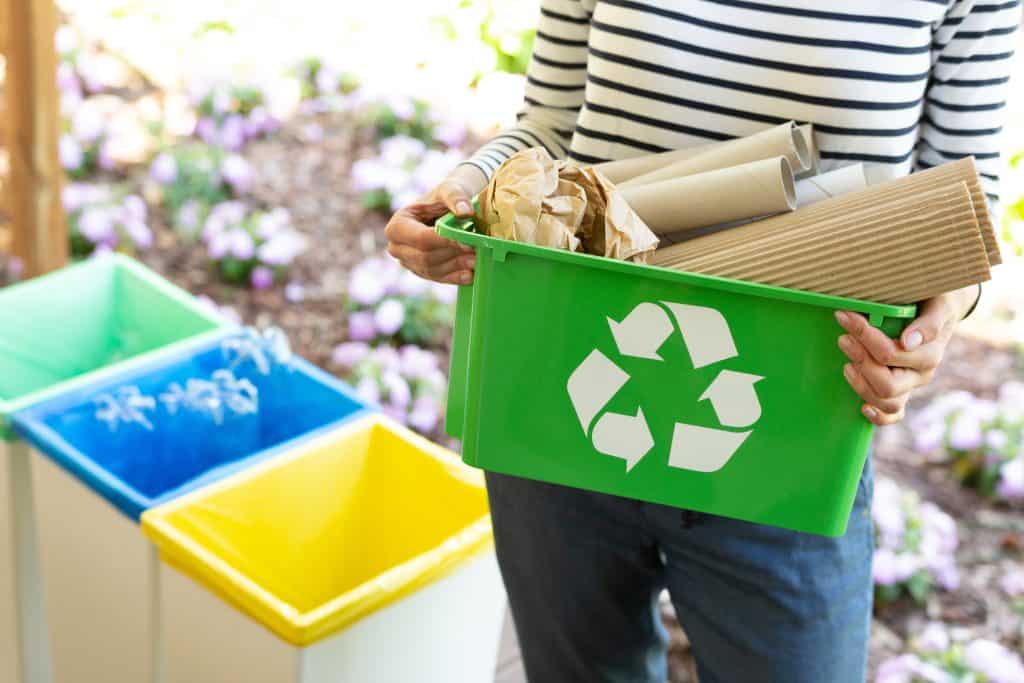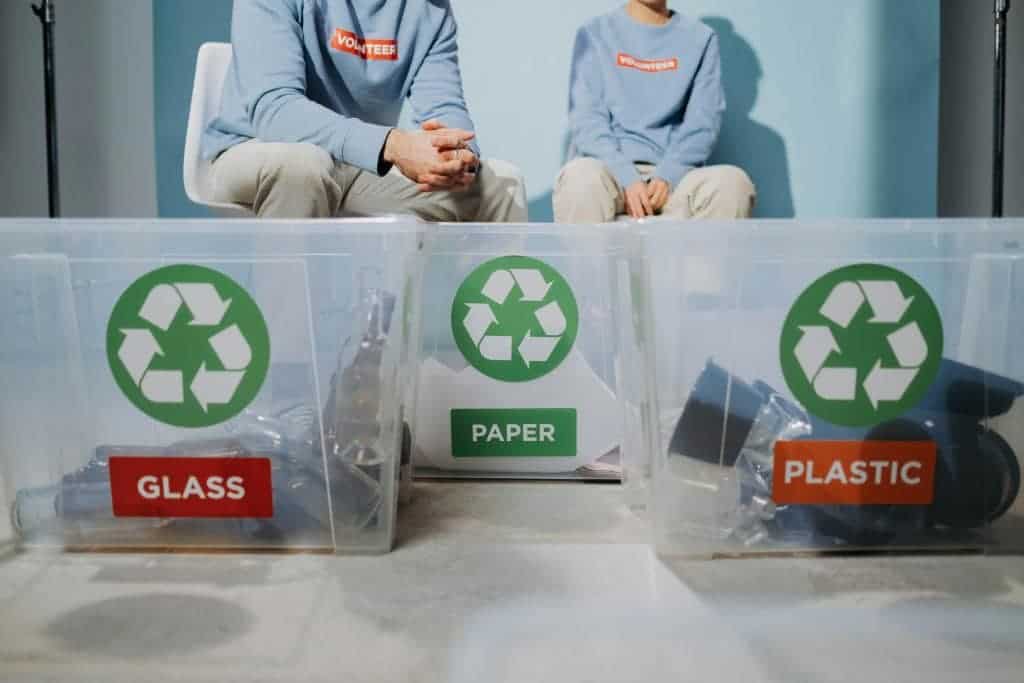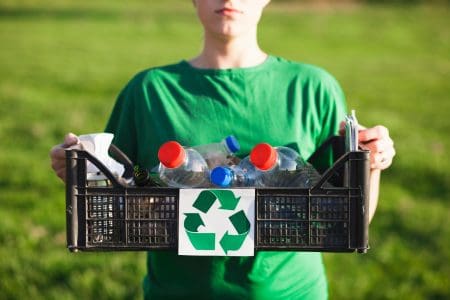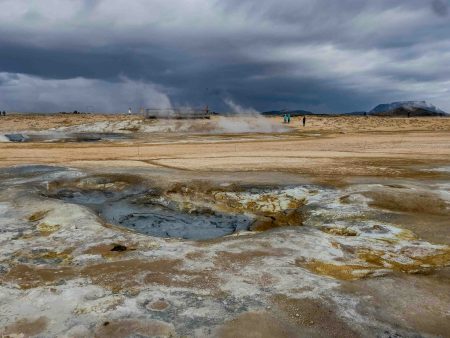
An important aspect of green living is recycling. Green living enthusiasts often use the term to denote their commitment to reducing their carbon footprint. If you are new to green living, you have no doubt been looking into how you can lead a more eco-friendly life. It is essential to understand what it means when you recycle for you to do that.
This guide will help to explain the meaning of recycling to help you achieve your goal of green living.
The Official Definition
According to the EPA, recycling is the process that entails collecting and processing materials and turning them into new products.
What that means is that anyone can contribute to the recycling process. Anyone can send existing materials to a pool where new materials will come out. The recycling process entails diverting materials from their usual destination, which is a landfill, into a recycling system.
Once the material is collected, it goes to a processing center to create new materials. In summary, recycling turns items into new items. The recycling system should use and reuse items for as long as possible.
What are the Benefits of Recycling?

One common question is if recycling is beneficial to the planet. The answer is yes. Recycling is a crucial process to ensure a sustainable world for everyone. Here are some of the top benefits of recycling:
Reduce Raw Material Demand
Recycling ensures that material remains within a supply chain for longer. Doing so reduces the demand for new materials. The extraction of raw materials is often destructive. Consequently, recycling helps to preserve the earth’s ecosystems for generations to come.
Reduces Energy Demand
Recycling uses up to 30% less energy than raw materials to make new products. It takes less energy to transport and process recycled materials. For instance, recycling aluminum cans saves up to 95% of the energy needed to make aluminum from raw ore. Using less energy ensures that we emit less greenhouse gas emissions.
It Encourages Social Responsibility
The earth is a closed biosphere, and the action of one person anywhere in the world has a cumulative impact on the world. Consequently, it is the collective obligation of everyone to reduce waste via recycling.
By properly disposing of recyclable materials like glass, plastics, metal, and others, we can contribute to a cleaner world while raising environmental awareness. Instilling the morals of recycling into our children, communities, and laws ensures that protecting the earth is a collective responsibility.
Cash Benefits
In some areas, there are real cash benefits to recycling. Municipalities will pay a small fee for returning used cans and glass bottles. Additionally, they will pay people to return items like copper metals. Always check your local area’s regulations to see if you can receive cash benefits for returning recyclable items.
It Creates Jobs
There are major economic benefits to recycling. One of them is job creation. People are at every stage of the recycling process, from leaving the trashcan to the processing center. These jobs are of all levels. They are the basic handling and processing jobs to high-quality jobs at the processing centers. All of these jobs contribute to the economic development of a country.
Eliminates the Need to Expand Landfills
Recycling keeps waste out of landfills. Doing so means that municipalities do not have to acquire more land for landfills. The result is that land is available for economic development. For instance, some former landfills are now golf courses and recreational spaces, thanks to recycling.
Leads to a Thriving and Sustainable Economy
Recycling is crucial to reducing our collective environmental impact. The costs associated with incinerating waste are often high. By recycling more, we eliminate the need for costly waste disposal. Consequently, there are more resources left over for investing in future generations. It also supports local economics, which ensures the growth of the circular economy.
Useful Tips for Recycling

Recycling is one of the most straightforward steps to green living. It is a powerful tool for reducing your carbon footprint. Here are some useful tips for getting it right:
Understand Your Local Regulation
Different areas have different programs for recycling. Always check your local regulations to find out what they accept in their recycling centers. It ensures you do not contaminate the process.
Prepare the Materials Properly
Ensures that you prepare the materials you send to recycling centers properly. That can entail separating them into the right bins, removing labels, and rinsing them. Doing so ensures that the process is easier and more efficient.
Reduce Your Overall Waste
That includes reducing the amount of single-use plastics you use. It can also entail reusable alternatives like bottles, shopping bags, and more. Doing so will help to cut your carbon footprint and your impact on the other.
You Can Make a Meaningful Contribution with Just a Few Steps
Everyone can contribute to making recycling a part of everyday society. With just a few steps, you can contribute to creating a circular local economy that generates jobs while also ensuring a bright future for future generations.
Recommended Books
- Can I Recycle This?: A Guide to Better Recycling and How to Reduce Single-Use Plastics
- The Plastic Problem
- Recycling (The MIT Press Essential Knowledge series)
- Recycling For Dummies
- Year of No Garbage: Recycling Lies, Plastic Problems, and One Woman's Trashy Journey to Zero Waste
- Recycling Made Easy: Mastering the Art of How to Recycle



